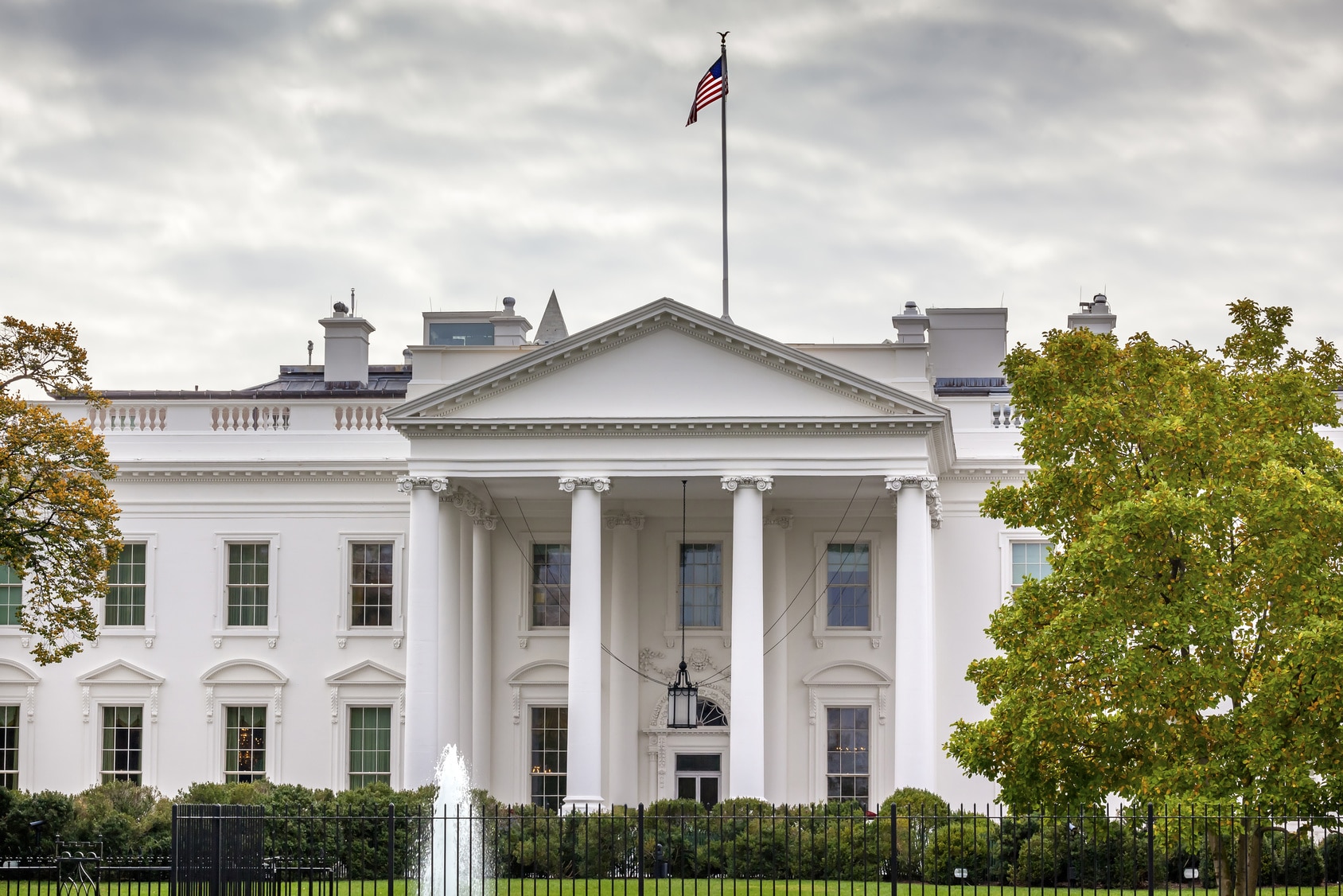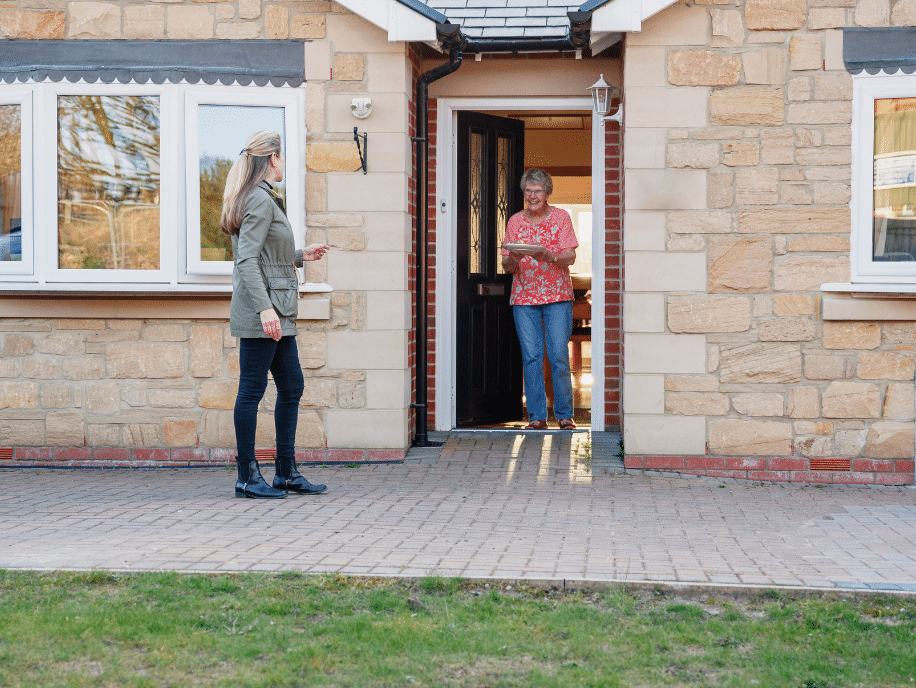
This summer the 2015 White House Conference on Aging will take place in Washington, D.C. This important event will bring together older Americans, their families, caregivers, advocates, community leaders, and experts to discuss issues of importance to older adults.
The Alliance for Aging Research looks forward to this conference as it will spotlight the many issues that are important to us and likeminded organizations, advocates, and policy leaders. This conference serves as a national public forum to show where advances are being made and where work still needs to be done. And it’s also an opportunity to celebrate the contributions of older Americans and their family caregivers. (Just as we are doing now during Older Americans Month.)
In prelude to the conference, the Obama Administration highlighted the many strides it has made on behalf of seniors in its Healthy Aging Policy Brief.
The brief outlines a number of areas: Promoting Health and Preventing Disease and Injury, Optimizing Cognitive Health, Optimizing Behavioral Health, Maximizing Independence in Homes and Communities, and Promoting Community and Civic Engagement.
This brief includes a number of important topics that we know will stimulate much dialogue, and it is an excellent summary. While we believe the conference will address many important issues, we also believe there are additional topics that should be considered.
The Alliance has sent a letter to the committee’s executive director in which we lay out some suggestions on areas within healthy aging where we think the conference could make a tremendous difference. (You can read the letter here.)
Overall, the Alliance encourages “the Administration to frame the White House Conference on Aging as an opportunity to go beyond recent successes and dialogue about where our society has yet to go, what we should strive to attain on behalf of our growing senior population.”
We also suggested specific areas in which we believe the conference could make an impact:
First, we encouraged dialogue on aging research itself to explain the latest scientific breakthroughs in biomedical and public health research. As so much of the conference is focused on how people can age healthy, this topic would present a different, and exciting, take on healthy aging.
We also touched on topics such as falls prevention, atrial fibrillation and the risk of stroke from patients being under-coagulated, Alzheimer’s disease research, healthcare-associated infections in long-term care facilities, recognition of sarcopenia, and the importance of geroscience.
We believe by including these topics as part of the conference that even more ideas on how we can advance healthy aging can be developed. And as our goal as an organization is to help people live longer, happier, more productive lives, we look forward to that dialogue!





